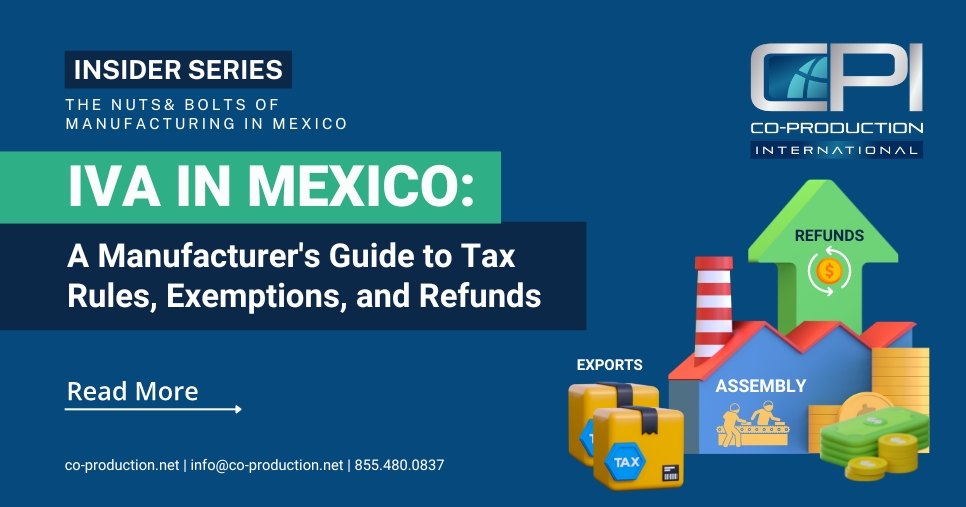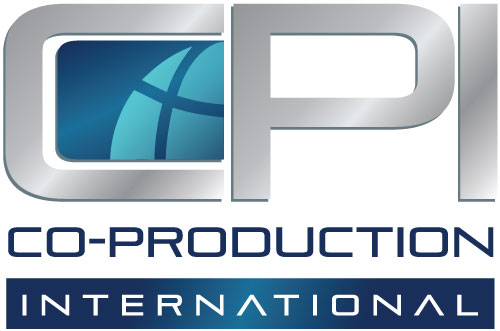Not so long ago, if you believe what you read in the papers and see on TV, Mexico was the next Afghanistan. It was poor, lawless, and plagued by drug violence, a failed-state-in-the-making whose problems and people would soon cascade over the border. In early 2009 a U.S.
Joint Forces Command report speculated that, in the next quarter-century, Pakistan and Mexico could prove the most worrisome flash points for American security. According to a study by Roberto Newell for the Wilson Center, more than 60 percent of all stories about Mexico in major U.S. papers were negative in 2007; that figure had risen to more than 80 percent by 2010. A survey of U.S. attitudes toward Mexico in 2012 found only 14 percent of respondents called it a "good neighbor." Type "Why is Mexico so" into Google and the first four adjectives suggested are "dangerous," "violent," "bad," and "poor."
In the last year, however, Mexico's image has witnessed a dramatic transformation. In the eyes of U.S. media and policymaking elites, the country's gone from being the next Afghanistan to the next China. The new narrative crescendoed with the swearing-in last December of President Enrique Peña Nieto. Journalists covering the event learned, among other things, that years of effective economic policies and an embrace of free trade are turning Mexico into a solidly middle-class society. The Financial Times called Mexico, whose economy grew 3.9 percent in 2012, an "Aztec tiger."
In February came the ultimate confirmation of Mexico as a foreign-policy darling: Thomas Friedman wrote two columns about it. "How Mexico Got Back in the Game" read the headline of one column, which must have come as news to Mexicans who were unaware they'd ever left it. Friedman opened by saying there was a new answer to the question of whether India or China would be the more dominant economic power going forward: Mexico.
The absence of more nuance in the coverage of Mexico isn't surprising. The country remains surprisingly exotic to many worldly Americans who've long obsessed over other parts of the world—the Middle East, the Soviet bloc, the Middle East, East Asia, the Middle East—while paying little attention to, or even bothering to visit, our own neck of the global woods. But no relationship is of greater importance to the U.S.'s well-being than that with Mexico. Two decades since the signing of the North American Free Trade Agreement, the cross-border partnership has yet to reach its true potential, even though manufacturers already view the U.S. and Mexico as a single market for production purposesproduction purposes. Among the issues now on Washington's agenda, immigration is directly affected by Mexico's economic health, and Mexican cooperation and sound governance will be instrumental to the effectiveness of any regulated temporary worker program such as the ones currently being proposed in the Senate. Yet Mexico is rarely mentioned in congressional discussions on immigration reform.
President Obama can build on his May 2 visit to Mexico by acknowledging that Nafta and centuries of intertwined histories, cultures, and peoples shouldn't be shrugged off like a one-night stand. The president has often talked about the need to "pivot" American attention and resources to Asia. But he can leave a greater legacy by pivoting to North America and giving Mexico the sustained, strategic engagement it deserves.
Mexico, with all its challenges, represents a success story in global terms. After the 1995 peso crisis roiled international markets, Mexico started practicing what Washington only preaches: living within its means. The Organisation of Economic Co-operation and Development now classifies Mexico, the world's 14th-largest economy, as a majority middle-class society. Average income has doubled in the past 15 years; a quarter of the country's homes were built within the past two decades; and the average number of school years Mexicans attend has doubled in the past four decades. Mexico is the world's top per capita consumer of Coca-Cola and has more Walmarts per person than the U.S. Mexico's consumer market is vital to large companies ranging from Citigroup to Procter & Gamble to Ford and GM.
Plenty of Americans may think Mexico is dirt-poor, but our neighbor imports more U.S. goods than any country besides Canada, and more than Germany, France, and the U.K. combined. It's also the third-largest provider of oil to the U.S., behind Canada and Saudi Arabia. It used to rank second, but mismanagement of the state-owned behemoth Petróleos Mexicanos (Pemex) has diminished Mexico's oil output. This may be a blessing in disguise for the country's overall economy, which has diversified its export base to the point where oil now only accounts for less than 20 percent of export revenue. For the federal government, however, the failure to expand production has been a disaster, as Pemex accounts for about 34 percent of the government's budget. That's why Peña Nieto is eager to encourage foreign investment in Mexico's oil sector.
The Mexican president also wants to shift attention away from the war on drug cartels—he'll still prosecute it but would probably not lose sleep over the cartels' existence if the violence could be brought under control—which has claimed more than 60,000 lives in the past six years. Peña Nieto has been energetically taking on other powerful interests in his attempt to prove he's a man of reform. He's imprisoned the once-untouchable head of the powerful national teacher's union and advanced education reforms contrary to the union's interests; he proposed a new telecom law to open up the telephone and cable-TV markets; and he's pushing financial reform that pours more credit into the economy.
A Gallup poll of public attitudes earlier this year reflected the country's buoyant mood. Asked whether they'd want to leave Mexico permanently, only 11 percent said yes—the same percentage of Americans who answered in the affirmative—down from 21 percent in 2007. Net migration across the border has declined from nearly half a million a year before the 2008 recession to almost zero, the result of reduced demand for imported labor on this side of the border, tougher border security, changing demographics as Mexico's population ages, and greater optimism about the country's future.
As a rapidly modernizing nation whose economy is deeply enmeshed with that of the U.S., Mexico continues to represent plenty of untapped potential. But Americans have to realize that the story of Mexico is neither all bad nor all good. It's counterproductive to insist on such a caricature. Mexico's subpar education system is holding it back, and the nation's rule of law remains underdeveloped. Public institutions are weak, and many local and state governments have been far slower than their federal counterpart to embrace a democratic, transparent culture. The judiciary continues to be a disgrace. Corruption is the cancer threatening the long-term viability of the modern Mexico Friedman has discovered.
Just as the U.S. should appreciate Mexico's progress, it shouldn't turn a blind eye to its neighbor's problems, which pose a threat to North America's broader competitiveness. Mexicans need U.S. support and engagement, and the emergence of a true North American common market, to help overcome a tradition of corruption and impunity that benefits only the nation's ruling elites. Mexico's economic stability stands atop a weak legal and political foundation; it could all come undone again if that foundation isn't shored up.
The Obama administration should embrace and proclaim Nafta as a strategic cornerstone of both economic and foreign policy in the coming years. The rest of us can also play a role in strengthening ties with our indispensable partner: We can follow the president's lead, disregard the excessively alarmist coverage of the past, and head south for a visit.
By Andrés Martinez / Source: Bloomberg Week





.png)






